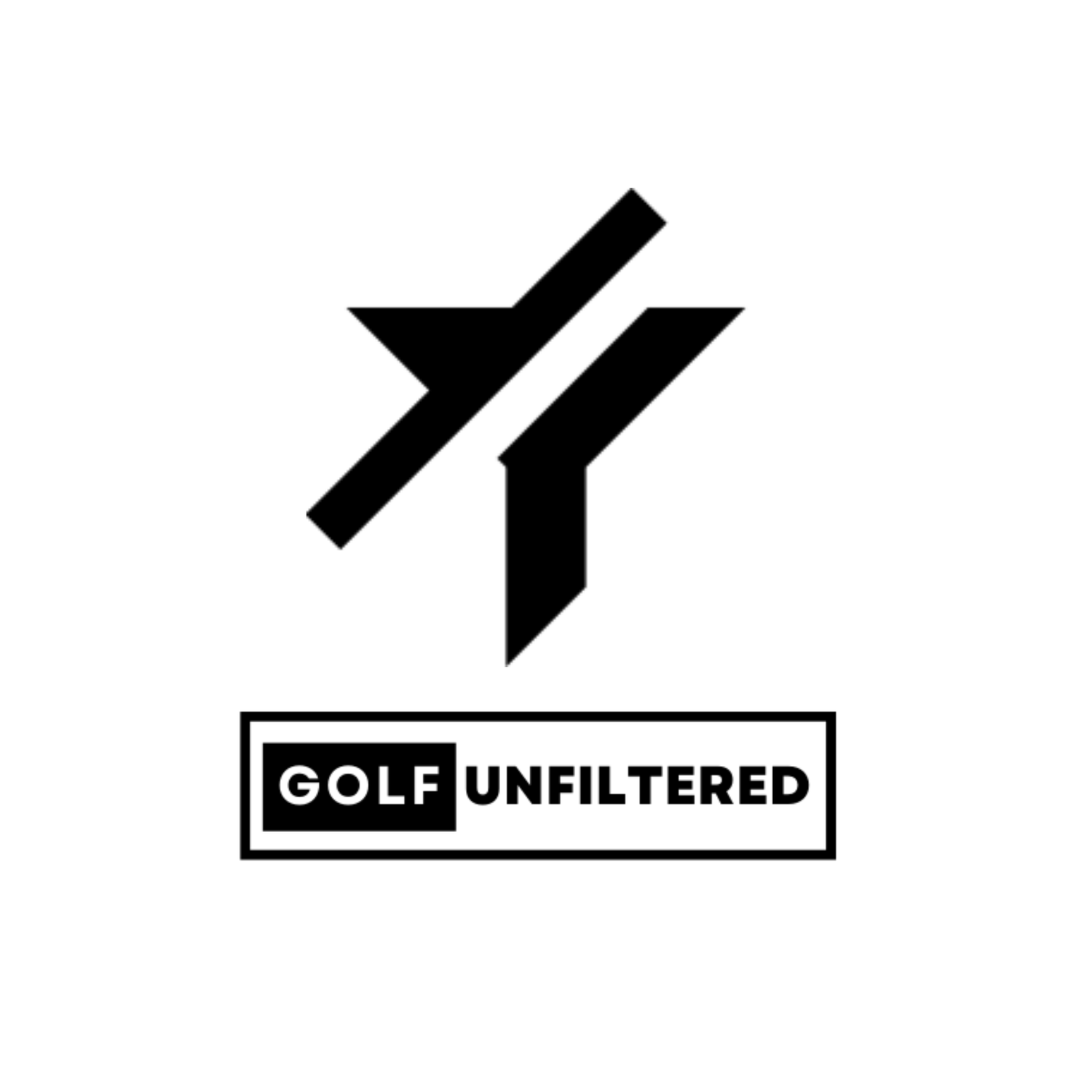Breaking Bad Habits for Better Golf
However, are these examples still relevant to today's game as it applies to anger and emotion?
According to the NY Times' Bill Pennington, the amateur player can still offer a window to his or her personality while playing a round of golf. In fact, professional TOUR players have also noticed interesting behaviors from their amateur playing partners during Pro-Ams. Just ask Luke Donald.
"I've seen guys lose it in pro-ams," said Donald, the world's top-ranked golfer, when asked about how recreational golfers comport themselves. "Guys throwing clubs, slamming clubs, screaming obscenities. Sure, I have. Haven't we all seen that?"
While losing one's cool during a pro-am seems a bit over-the-top for me, I will not argue with Mr. Donald by suggesting this type of behavior never occurs in those events. However, is golf still the best way for others to learn about another's character? If someone gets angry at an errant tee-shot, does that necessarily mean that person is automatically labeled as having anger management issues?
According to one mental coach, the nature of anger is to fixate our attention on what we do not want. In other words, most amateurs hold on to the fear of potentially driving a golf ball into the woods as opposed to focusing on club position, follow-through, or any other quality that would ultimately prevent our fear from occurring in the first place. The result? More often than you would suspect, that ball is forest-bound.
The good news is that these behaviors or lack of focus are completely avoidable. The bad news, of course, is that many golfers fail to realize exactly how much control they have over their thoughts while "in the moment". The same phenomenon is seen whenever a golfer steps up to the first tee after a successful driving range session and tops the ball on his first swing. As soon as the swing "counts", the player's focus becomes blurred.
Golf is a funny game in that the only adversity during the course of a "game" - or round - is one's own self. That much is obvious. However, this should not imply that athletic anger is only reserved for an individually-based sport like golf. The individual emotions of athletes can also come into play (literally) during a basketball game, soccer match, or any other team sport. Fortunately these athletes have their teammates to fall back on when the going gets tough; golfers aren't as fortune.
Combating anger or a lack of focus while on the course is as simple as envisioning a feeling or emotion that you would prefer to feel at that moment, and then making this a habit in your day to day life. We design a new behavior that more appropriately reflects what we want to experience. So instead of throwing your clubs or cursing after a bad shot, laughing at yourself or stating that your next shot will be more impressive could be a way to spin the situation in a more positive light. Just as with misery, negativity loves company and can carry over into other thought areas outside the golf course.
Breaking habits are not easy, especially when playing golf; however, it is certainly possible to achieve. Allowing your partners to hit first off the tee when you would normally race to play your shot before anyone else is one example of a subtle yet highly-effective habit-breaking practice. You can also change the type of golf ball you play, the pocket you carry your tees in during the round, or even what side of the tee-box you begin each hole. The key is to mix-up your simple habits first before moving on to the tougher anger-related responses. Once you become comfortable with these smaller changes, implementing a different emotional response to a bad golf shot will be much easier.
